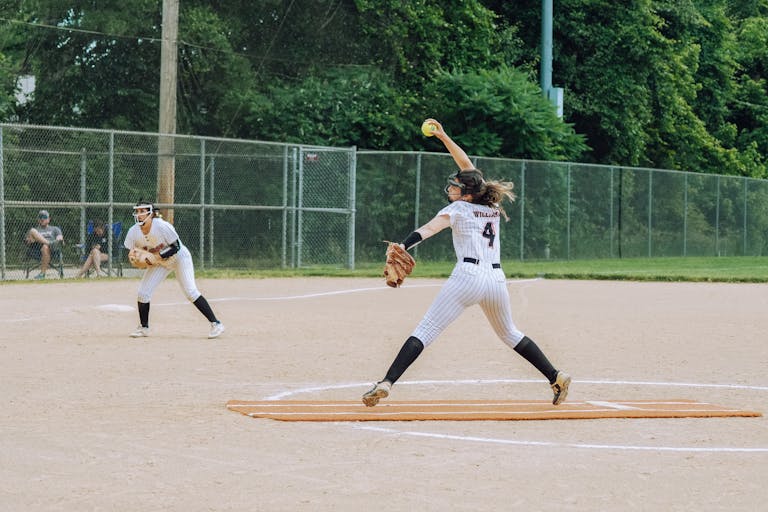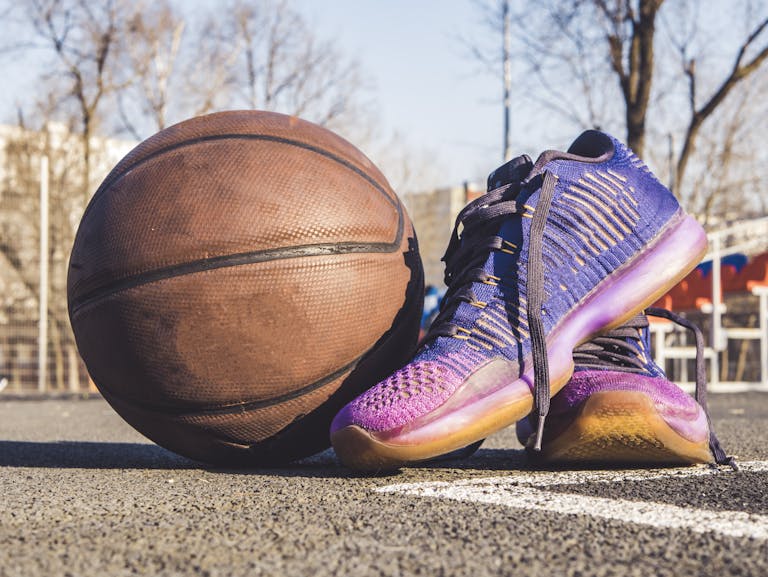The NIL Reality for College Basketball: 7 Moves Every Athlete Needs To Make (From a Manager Who’s Seen It All)

If you’re a college basketball player in the NIL era, you’re not just competing for minutes—you’re playing in the most high-stakes business game of your life. I’ve seen top recruits get burned, “can’t-miss” talents sidelined by scandal, and smart families build generational wealth. Here’s what I tell every athlete and parent: the difference between winning and losing in NIL isn’t talent. It’s who has the better team, plan, and discipline off the court.
1. Forget Quick Money—Focus on Tiered Deals
The local burger chain and the “Instagram sunglasses” DM will come calling. That’s beginner bait. Your first NIL deals should be structured in tiers:
- Start with local, guaranteed contracts—simple, no drama, cash in hand. Use these to build your portfolio and learn the ropes.
- Second, chase regional sponsors with multi-appearance packages or exclusivity clauses.
- Only go national when you have leverage (minutes, stats, media exposure).
Expert move: Always include a buyout clause in local deals—so you’re not stuck when a major brand comes calling.
2. Parents: Set Boundaries Early, or Prepare for Regret
NIL money brings out the best and worst in families. I’ve watched relationships fray over a $2,000 check. Set written boundaries:
- Who manages money?
- Who reviews deals?
- Who has the athlete’s best interests at heart?
Meet with a family attorney (not just an agent) before the first check hits.
3. Build a “Red Team” for Your Reputation
College hoops is a small world, and every scandal spreads at light speed.
- Hire or designate a media-savvy adult (not a peer) to monitor social, scan news, and flag potential issues.
- Practice crisis drills—know what you’ll say if something blows up, and who speaks for you.
- Scrub your socials. Search your own name monthly.
Expert move: Register your name as a domain and social handle—even if you don’t use them yet.
4. Learn to Say “No”—And Practice It
Here’s where most athletes fail: saying no to deals, events, even friends. Your “yes” is your most valuable NIL asset.
- Say no to anything that feels off, too rushed, or comes with pressure.
- If you can’t explain the deal to your grandma, you don’t sign.
5. Don’t Let Agents, Advisors, or Brands Lock You In
Contracts are written to protect the other side first. Don’t sign away your rights or future NIL earnings for short-term money.
- Avoid “first refusal” or exclusivity unless you’re being paid upfront and ongoing.
- Get every contract reviewed by someone outside the agency or collective.
- Be wary of “lifetime” or “post-graduation” clauses—these can bite you after your college days.
6. Taxes Are Not an Afterthought—They’re a Career-Saver
You will get a 1099. The IRS will expect their cut, even on free gear and perks.
- Set aside at least 25–30% of every NIL check.
- Hire a real tax pro (not just Dad’s CPA).
- If you get a car, a trip, or anything not cash, ask: “What will this cost me in taxes?”
I’ve watched athletes lose scholarships or eligibility for failing to pay taxes on in-kind deals. Don’t be that story.
7. Your NIL Story Will Outlast Your Playing Days
Deals are great, but your story is the asset.
- Invest time in building a positive narrative (community service, charity work, mentoring younger kids).
- Document your journey—highlight the tough days, not just the highlight reel.
- Relationships with brands, coaches, and fans are worth more than any short-term deal.
The best long-term money is made by those who leave college with a great reputation, not just a checkbook.






